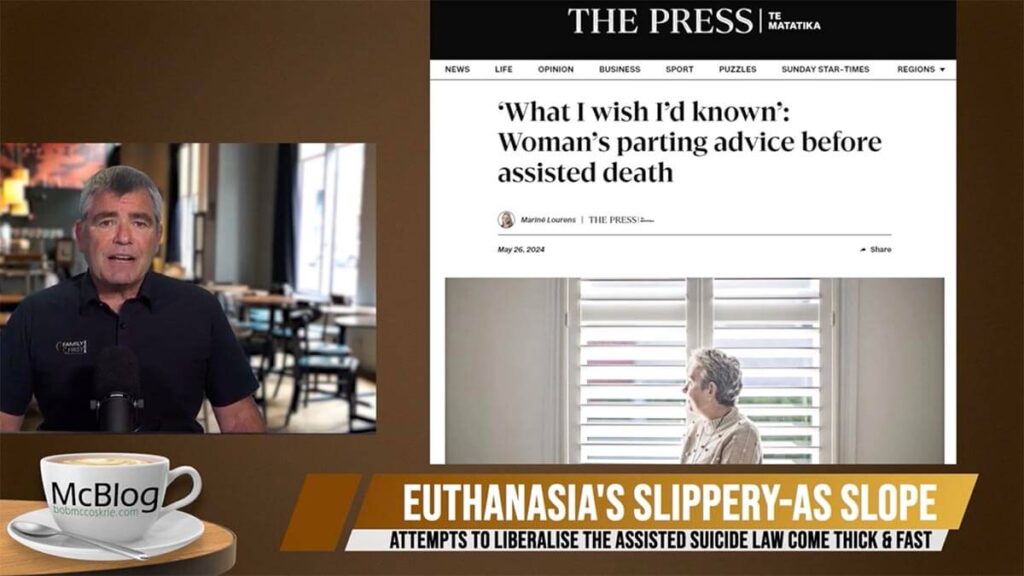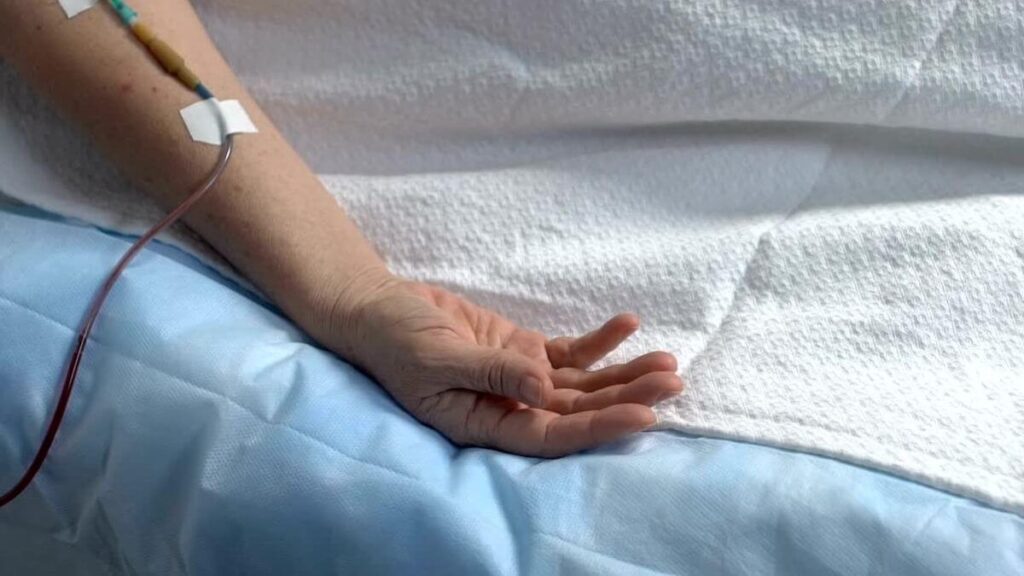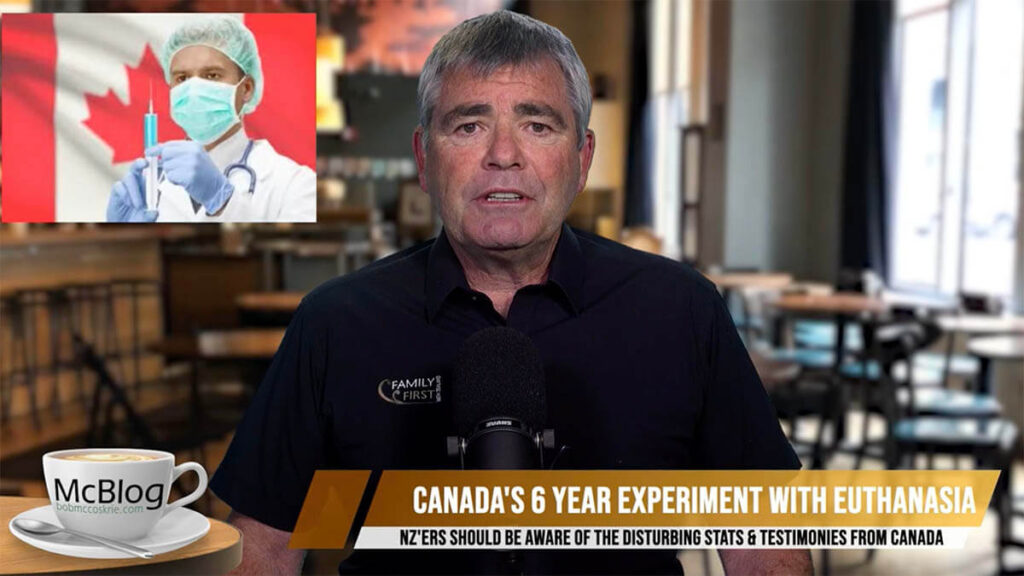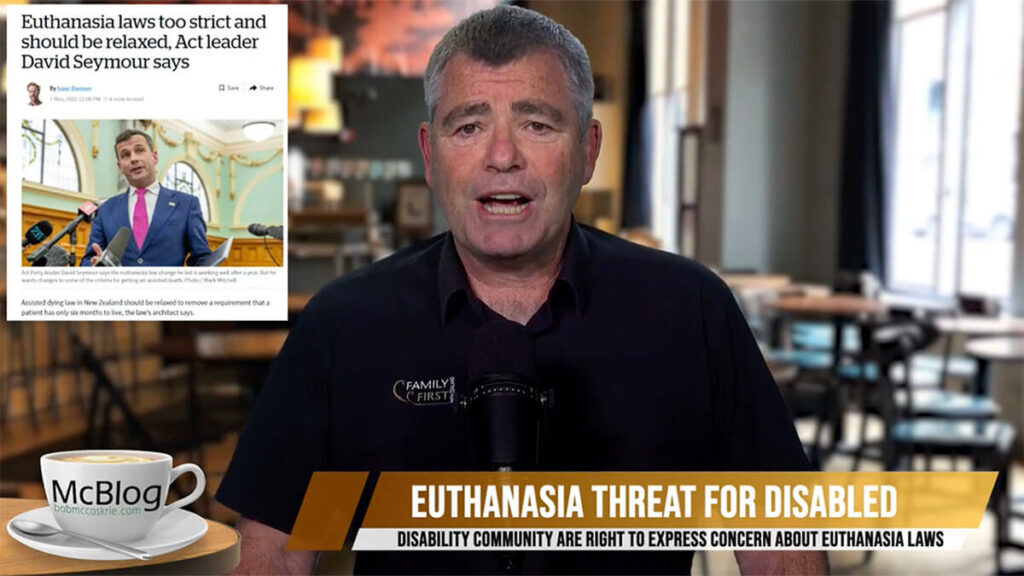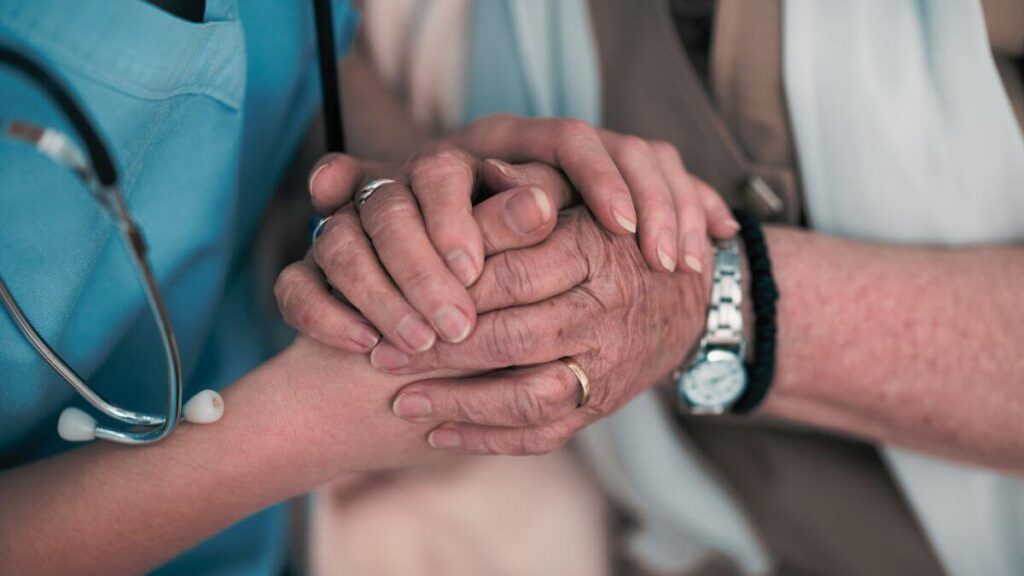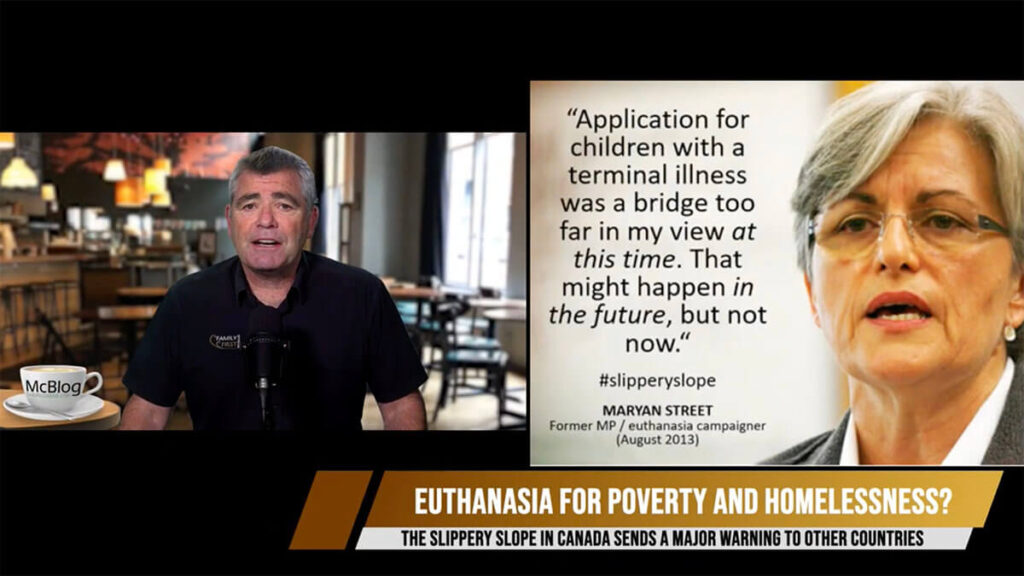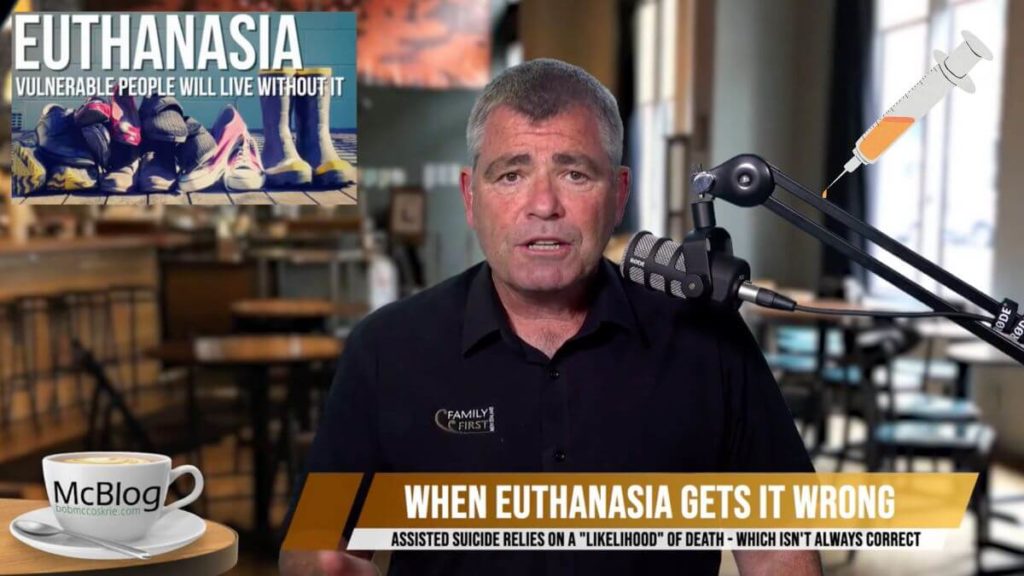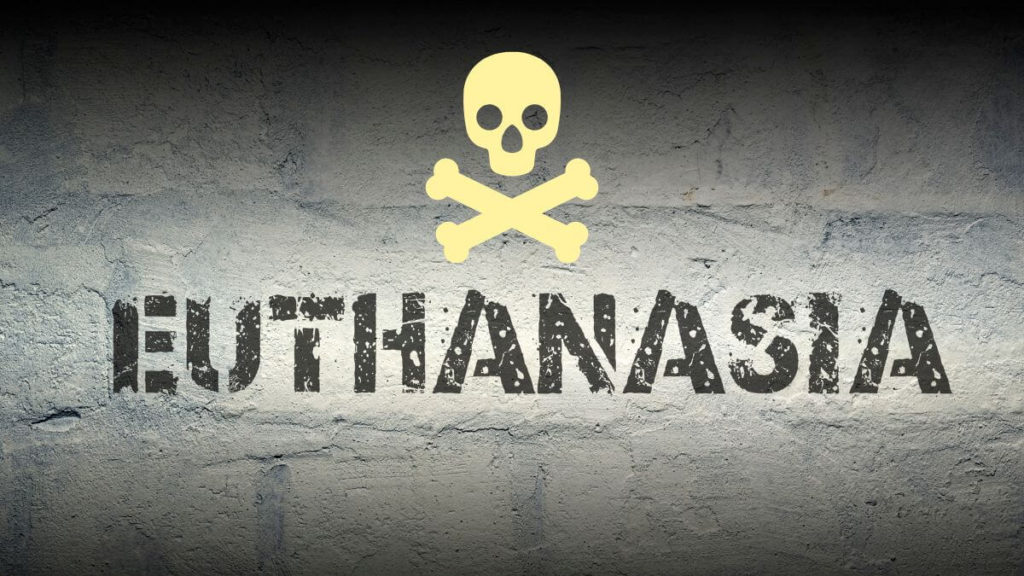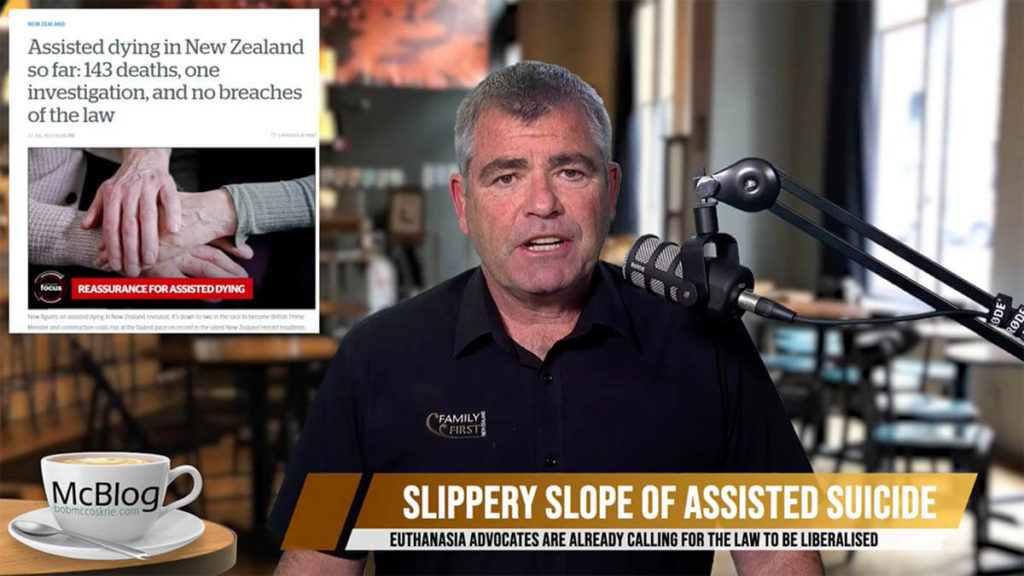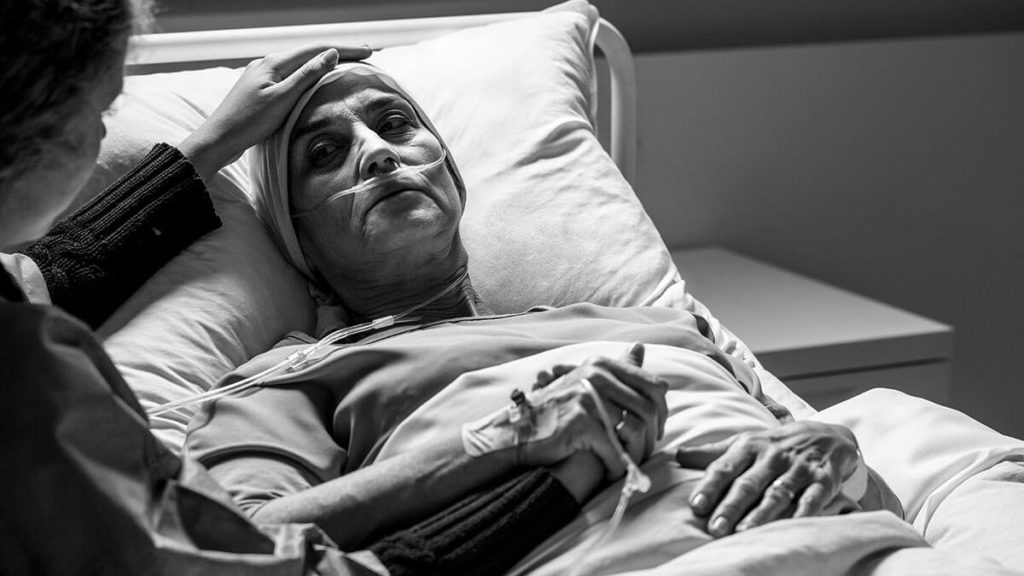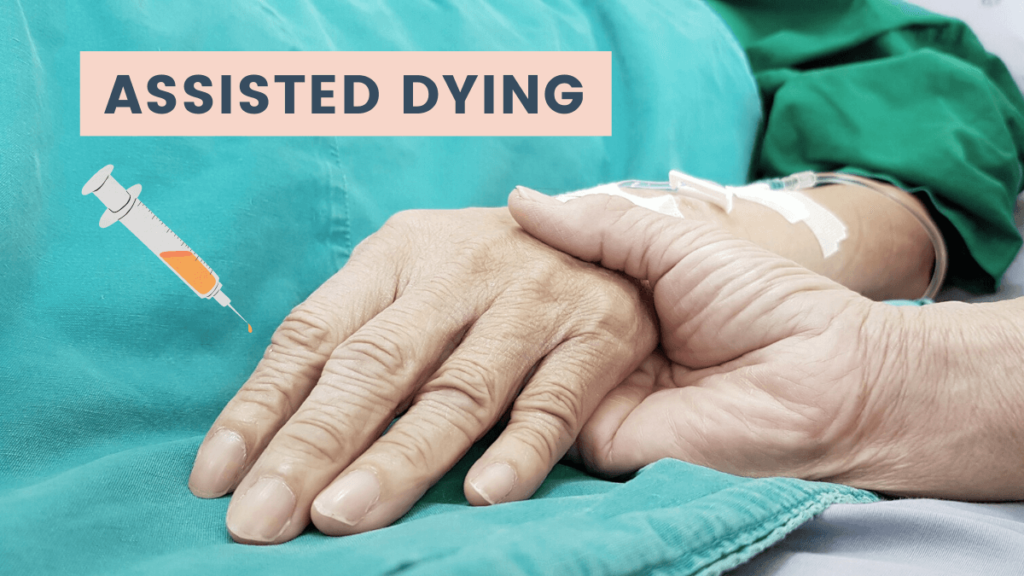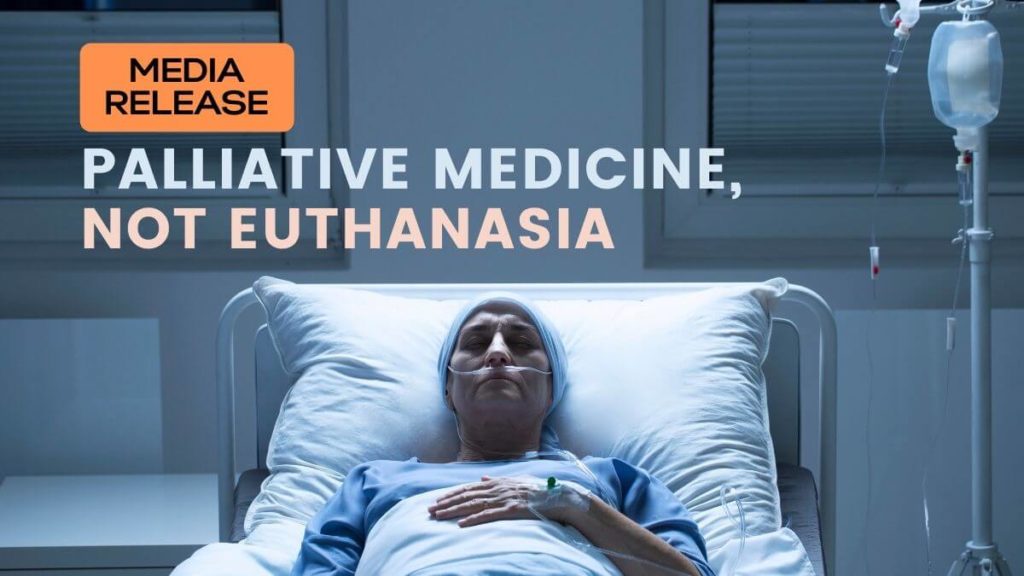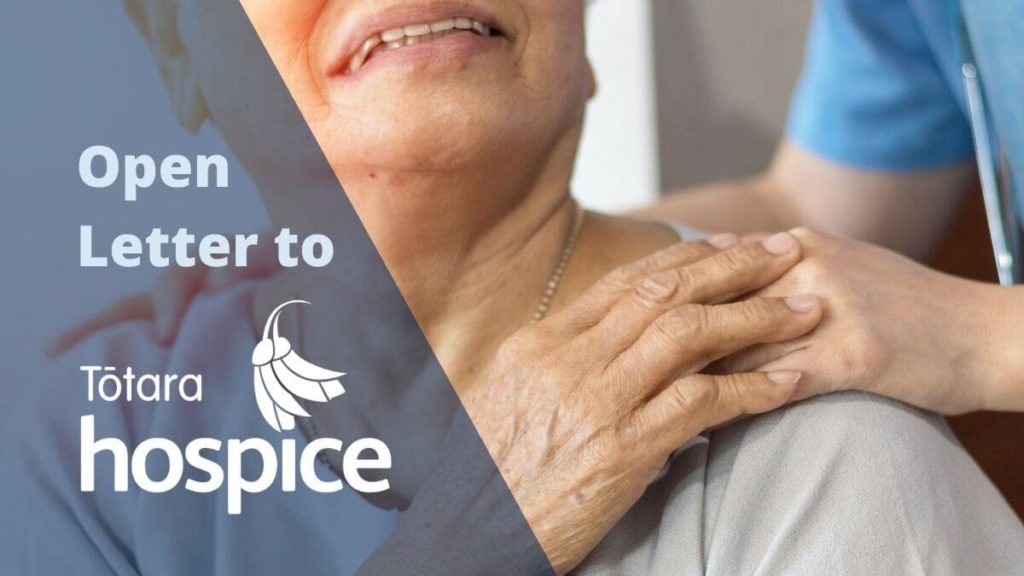Media Release from #DefendNZ | www.defendnz.co.nz
Death-on-demand soars in NZ: 66 die from new assisted suicide and euthanasia law
The latest insights from the Ministry of Health‘Assisted Dying Service Data and Reporting’ released this week tell of 66 people having been euthanised or assisted to commit suicide in New Zealand up to the 31 March, end of the first quarter of the year, with the ability of the End of Life Choice Act which came into force in on Sunday 7 November 2021.
A total of 206 people have requested to die using the legislation so far.
Applicant processing staff increases 300% due to demand
Registrar for the assisted suicide and euthanasia legislation, Dr Kristin Good, spoke to NZ Doctor magazine about demand to date.
When the law came into force in November 2021, one nurse was employed to answer phonecalls from members of the public enquiring about how to be euthanised or assisted to commit suicide under the End of Life Choice Act.
However, due to increased demand, Dr Good says, “we are now employing a third nurse [answering phone queries].”
Interest remains very high with an average of 46 enquiries each week.
Zero applicants referred for a psychiatric assessment
Of the 206 applicants so far, 168 people had a first assessment with a health practitioner, 126 people had a second, yet 0 people were referred for a psychiatric assessment. This is despite international data showing that 1-in-6 people using assisted suicide are clinically depressed – a condition which, if detected, can be treated.
This raises serious questions for us around the protection of vulnerable people.
#DefendNZ calls for increased public safety when it comes to the End of Life Choice Act.
“There are a number of significant concerns that have already been highlighted in the reporting made available by the Ministry of Health this week. Vulnerable New Zealanders are clearly already being put at risk due to the inferior legislation. We can, and must, do better” says #DefendNZ spokesperson, Henoch Kloosterboer.
Many more deaths possible due to applicants already waiting
Of the total 206 applications, 66 have been euthanised or assisted to commit suicide, 59 are still in process, 11 have withdrawn their application, 40 were denied their application due to not meeting criteria, and 30 had died naturally while their application was in process.
Of the 66 people whose lives have been ended so far, the 73 per cent died at home, 17 per cent in aged care facilities, 6 per cent in DHB facilities and 4 per cent in a hospice facility.
Complaints made – details hidden
So far, according to an interview conducted by NZ Doctor, three formal complaints have been laid.
When #DefendNZ contacted the Ministry of Health for details around complaints last month, we were denied information – even with an Official Information Act request.
#DefendNZ was told by an MOH spokesperson, “I have considered the countervailing public interest in release in making this decision and consider that it does not outweigh the need to withhold at this time.”
We were stonewalled.
Senior Pākehā women with cancer most highly represented
Statistics voluntarily provided by the Ministry of Health show that of the initial 206 applicants:
- 162 are NZ European/Pākehā (78.6%)
- 12 are Māori (5.8%)
- 55% are women compared with 45% male
- 9 are 18-44 years old (4.4%)
- 153 are aged 65 years or older (74.3%)
- 133 have a cancer diagnosis (64.6%)
- 21 have a neurological condition (10.2%)
- 38 are recorded as ‘diagnosis not known’ (18.4%)
New Zealand applicants younger than international average
More than 80% of people using euthanasia or assisted suicide internationally are over the age of 65. This means, applicants in New Zealand are already significantly younger than the international average at only 74.3% of those being aged 65 or over. This is concerning, coupled with the unknown and unreported specific ages of those nine people between 18 and 44 years old.
The #DefendNZ movement is calling for much more detailed reporting to remove the cloak of secrecy and increase accountability in its Six to Fix petition.
No required care or support to vulnerable declined applicants
Critics of the legislation have highlighted that the Act does not make any requirements of care towards those whose applications have been declined.
Of the 40 people whose applications have been denied, 16 were not experiencing unbearable suffering unable to be relieved in a tolerable manner, 17 were not in an advanced state of irreversible decline in physical capability, 26 did not suffer from a terminal illness likely to end their lives within six months, and 7 were not competent to make an informed decision.
Note: As a person may be found ineligible for more than one reason, the sums above by reason are greater than the total number of people assessed as ineligible.
These people clearly wanted to die.
Who is supporting them now that they have been declined?
Where is the duty of care to these very vulnerable New Zealanders?
So where to from here?
The next Ministry of Health report for the quarterly period from 1 April to 30 June 2022 is due to be released in July. Based on trajectories, death-on-demand will increase.
Yet we know that of those internationally requesting an assisted suicide or death-by-doctor end to their lives are prone to coercion.
New Zealand has the unenviable ranking of the worst country in the OECD for domestic violence. 1-in-10 elderly in New Zealand suffer abuse, of which the majority is perpetrated by family members, and mostly for financial gain.
We also know 60% are likely to already feel like a burden on loved ones, and the majority list loneliness as one of the primary reasons for requesting death.
We need to get better at supporting each other, and supporting those in our communities at risk of loneliness, elder abuse, depression, and those who feel they are a burden.
Who is in your circle or community that you can reach out to?
#DefendNZ is a movement dedicated to getting a better deal for vulnerable New Zealanders by lobbying to improve the risks created by the current End of Life Choice Act, support those in need, and inform our culture on what’s happening in this conversation.
You might like to read our helpful guides on ‘How do I support someone facing death?’ and ‘What does dying actually look like?’.
If you’re also concerned about the very real risks the End of Life Choice Act has created, visit our Six to Fix petition, which highlights six amendments that can be made to the law to considerably improve public safety.
